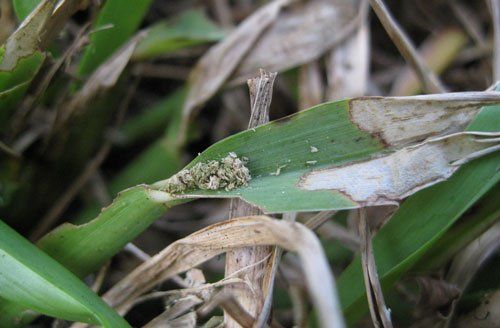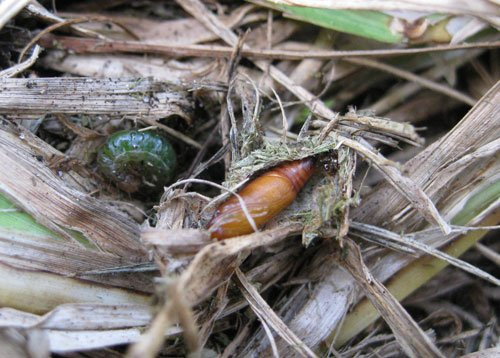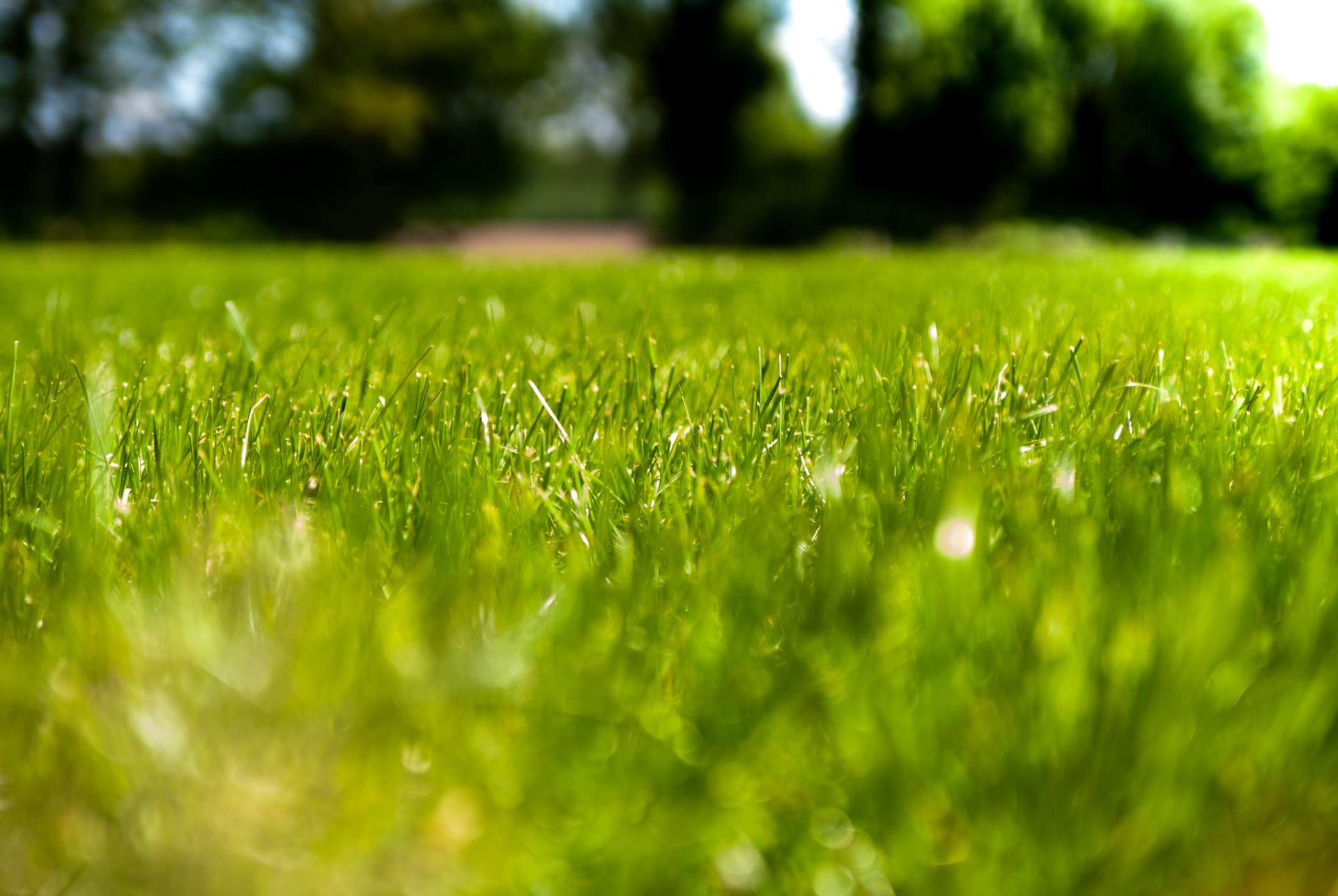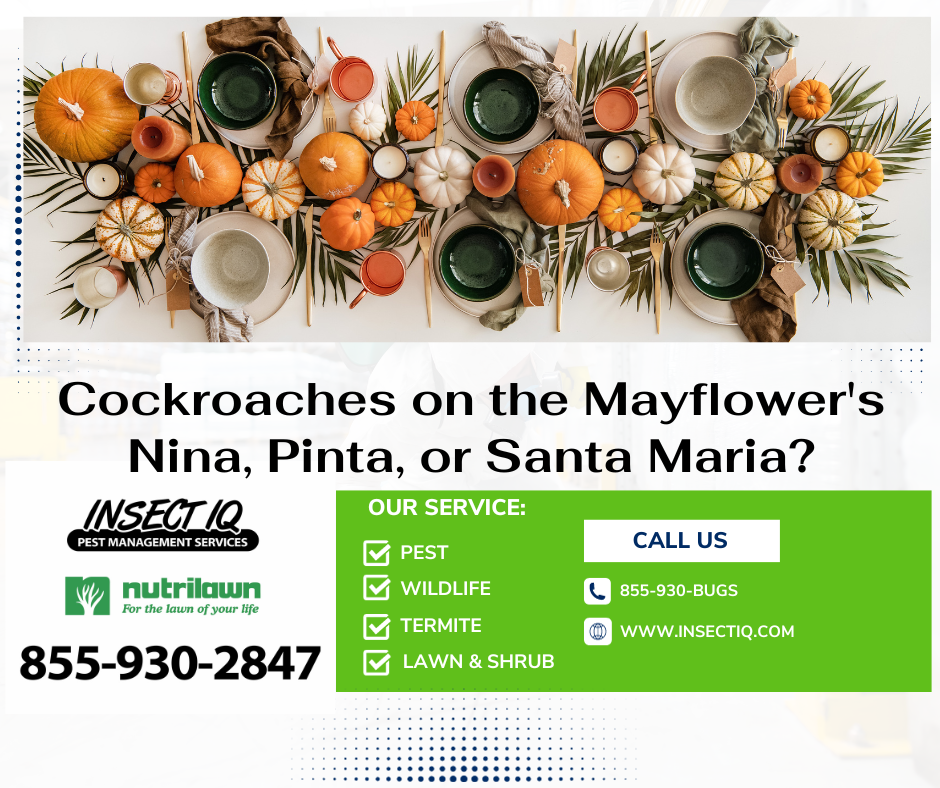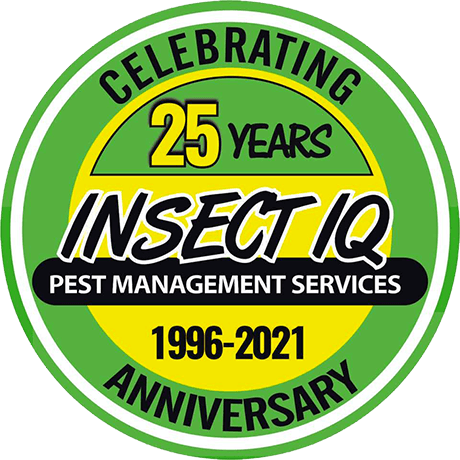It's a beautiful day in the neighborhood, would you be mine? Would you be mine?
YOUR FIRST LAWN AND SHRUB SERVICE IS FREE
As September approaches we are starting to see tropical sod webworm damage because of the amounts of rain we have been getting as well as the daily temperatures. What is a sod webworm? Tropical sod webworms are turf caterpillars found in the southeastern United States. These are active during warm, humid summers, feeding on grass and ultimately creating brown, dead patches. The most well-known of these is the chinch bug, which can inflict extensive damage to a turf area.
The webworm produces a white, silken cocoon around itself at pupation. The moth emerges from the cocoon and flies off in search of a mate. It is important to reduce turf damage as much as possible because the webworm progresses through its different life stages rapidly. The webworm prefers to feed on warm-season turf grasses, especially on newly established sod, lawns, athletic fields, and golf courses.
ARE YOU READY FOR THE LAWN OF YOUR LIFE?! FIRST SERVICE FREE!
Our professional lawn service technicians are trained and skilled in the art of bringing new life to your lawn. Our family-owned business (2 University of Florida Entomologists on staff,
"Father & Son") was established in 1996 and throughout the past 25 years we have devised various full-proof lawn service options that will have your neighbors talking.
Lawn Care Program *AS LOW AS $28 PER MONTH
Premium Fertilization with the use of slow-released products (Liquid and Granular)
Potash application for stronger roots.
Guaranteed control of Chinch bugs, Sod Webworms, Grubs, and Broadleaf Weeds.
Tree/Shrub Program * AS LOW AS $23 PER MONTH
Scheduled inspections of ornamental plants.
Treatments as needed for the control of damaging insects such as Aphids, Whitefly, Scale and more.
Nutritional sprays to keep plants healthy.
Insect IQ / Nutrilawn IQ has always been willing to identify turf or shrub damage free of charge. Take a picture and email it to
CustomerService@Insectiq.com.
For more information
Contact us today, 855-930-2847, and ask about our lawn & shrub pest management services. Mention our post–get your first lawn and shrub service for FREE! (With 1 year service agreement)
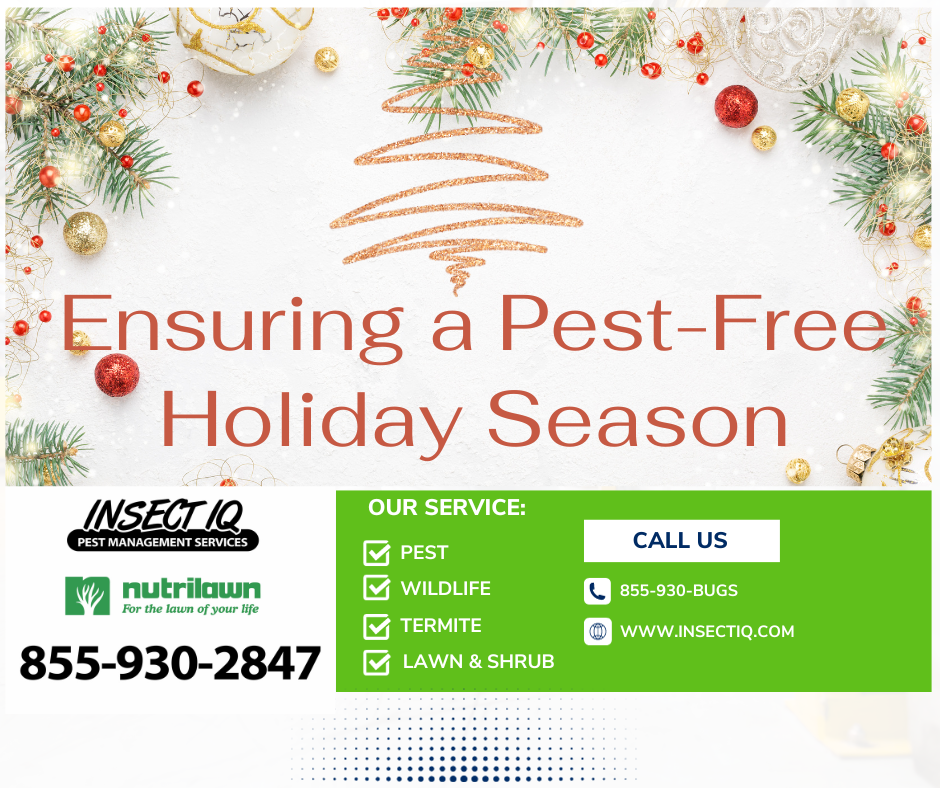
Insects and Rodents in Your Christmas Decorations Ensuring a Pest-Free Holiday Season with Insect IQ
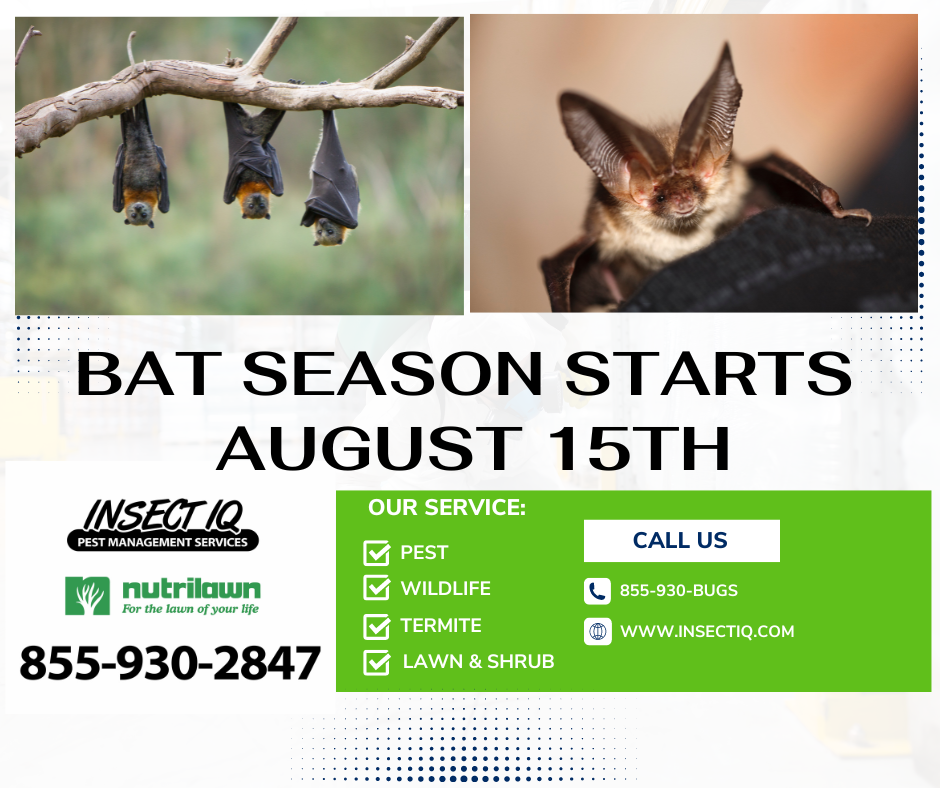


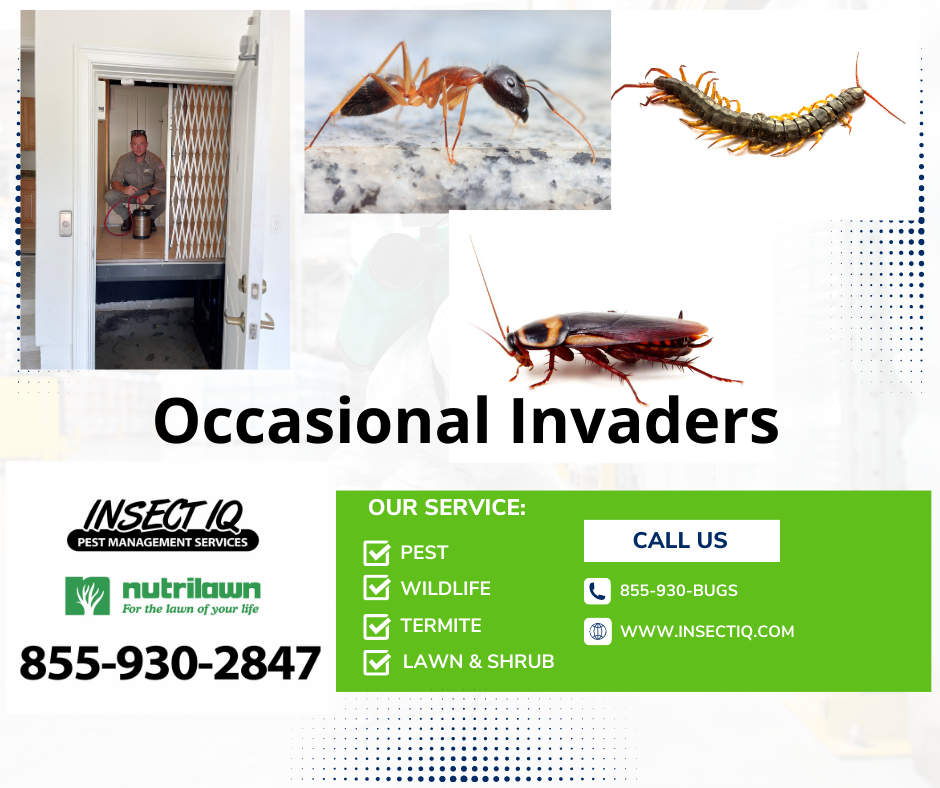
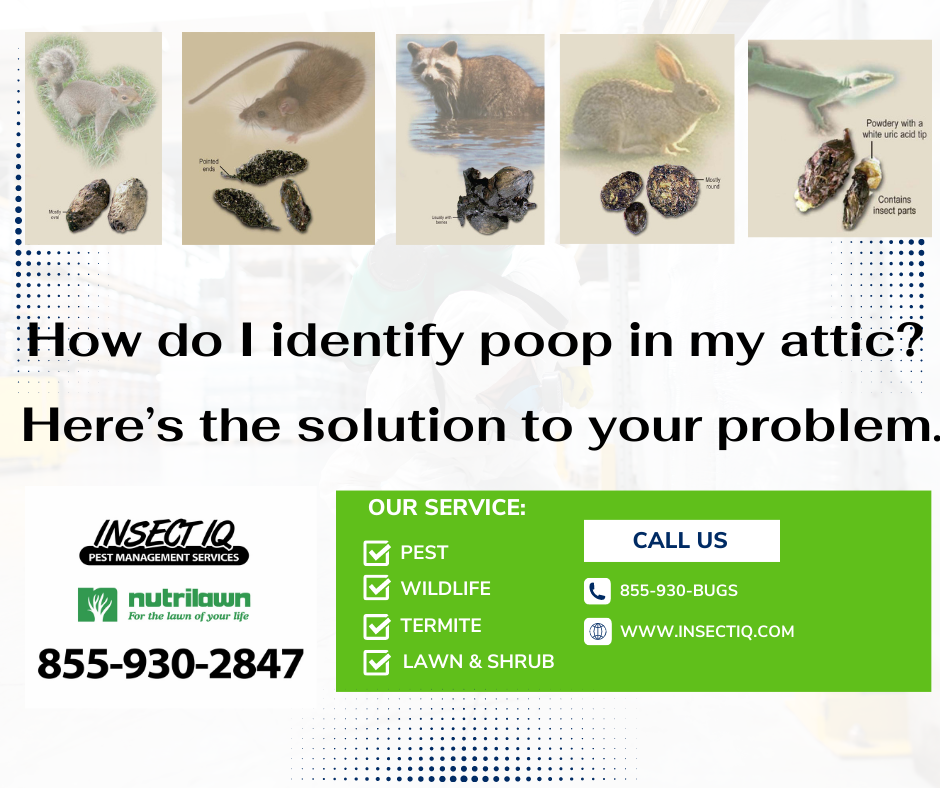
Insect IQ has been serving Florida Clients that has been providing commercial pest control and a variety of pest control services since 1996. Our pest experts are licensed professionals and exceptionally trained.
Contact Us
You can always contact us via email, text, call or chat. If you need to schedule a visit or have a question about bugs or other stinging insects?. We are standing by 24/7 to help.
855-930-2847 (bugs)


